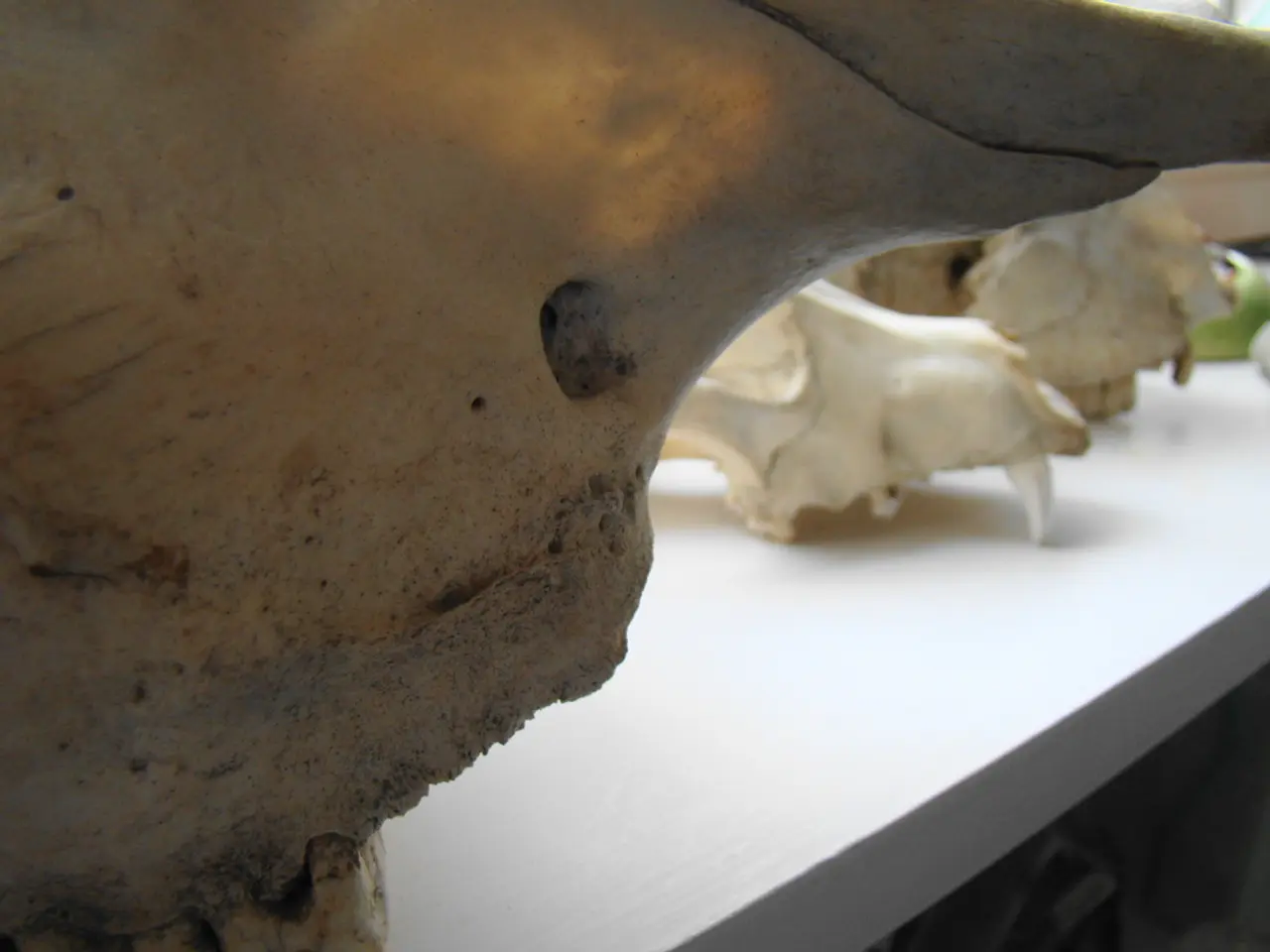Tests, Symptoms, and Diagnosis of Meningitis
Meningitis, an inflammation of the meninges (the protective layers surrounding the brain and spinal cord), can be a life-threatening emergency. While viral meningitis is more common and usually has better outcomes, bacterial meningitis carries a higher fatality rate.
When an infection - often a virus or bacteria - travels to the meninges, meningitis occurs. In less common cases, a fungus or parasite can cause meningitis. Early testing and prompt treatment are critical to survival.
Common tests and diagnostic methods for bacterial meningitis primarily include blood cultures, lumbar puncture (LP) with cerebrospinal fluid (CSF) analysis, and routine laboratory tests. These guide timely treatment.
Blood cultures are obtained before starting antibiotics to identify the bacteria circulating in the blood. This helps tailor antibiotic therapy once the organism is known. The most important diagnostic procedure is lumbar puncture to collect CSF. CSF is examined for cell count, glucose, protein levels, Gram stain, and culture. Culture of the CSF is the gold standard for diagnosis, allowing direct identification of the causative bacteria.
Routine laboratory tests such as a complete blood count (CBC), inflammatory markers like C-reactive protein (CRP), blood glucose, coagulation studies, and more, help assess the patient's overall condition and detect complications. In cases where blood and CSF cultures are inconclusive, polymerase chain reaction (PCR) testing on CSF or blood can detect bacterial DNA rapidly, enhancing diagnosis.
Identifying the causative organism by culture or PCR allows physicians to modify empiric antibiotic therapy to target the specific bacteria involved rather than broad-spectrum coverage. CSF findings help distinguish bacterial meningitis from viral or other meningitis types, avoiding unnecessary antibiotic use. Routine labs help assess the patient's overall condition and detect complications like kidney injury or coagulation problems, influencing supportive care.
A stiff neck, intense headache, high fever, sensitivity to light, unexplained rash, seizures, vomiting, confusion, and going to the emergency room or calling a doctor immediately are symptoms of meningitis. A cerebrospinal fluid (CSF) analysis can definitively diagnose meningitis. Blood tests and cultures can rule out other potential causes of meningitis and help determine the severity of the infection.
However, home tests cannot conclusively prove that a person does or does not have meningitis. Anyone with symptoms of meningitis should seek immediate medical care. Doctors may recommend additional tests to rule out other causes of symptoms similar to meningitis.
It's important to note that many different infections and diseases can cause meningitis, including viral, bacterial, fungal, parasitic, amebic, and non-infectious meningitis. Meningitis can also occur without an infection, as a result of cancer or other diseases.
In summary, blood cultures and lumbar puncture with CSF analysis are central to diagnosing bacterial meningitis, guiding targeted antimicrobial treatment and managing complications effectively. Rapid initiation of empiric antibiotics after obtaining these diagnostic samples is essential to improve outcomes.
- In cases of mental health issues such as depression, obesity, and neurological disorders like psoriasis, predictive science in health-and-wellness can help with early diagnosis and treatment.
- CBD therapies and treatments have shown promise in managing the symptoms of various medical conditions, including mental health and neurological disorders, offering a potential alternative to traditional treatments.
- AQ, an emerging field in health-and-wellness, is working on predictive models to identify individuals at risk of developing certain medical conditions, such as obesity and mental health issues, enabling preventive measures.
- Aside from bacterial and viral causes, meningitis can also be linked to other medical conditions like fungal, parasitic, and even a Q-enabled prediction of potential mental health problems.
- Scientific innovation in meningitis research is seeking to develop rapid and reliable diagnostic methods, similar to polymerase chain reaction (PCR) testing, to predict and identify various causes of meningitis swiftly.
- In the future, health-and-wellness may witness the integration of AQ's predictive models and CBD's therapeutic applications to offer comprehensive solutions for managing mental health, obesity, and neurological disorders, as well as predicting and treating diseases like meningitis more effectively.




